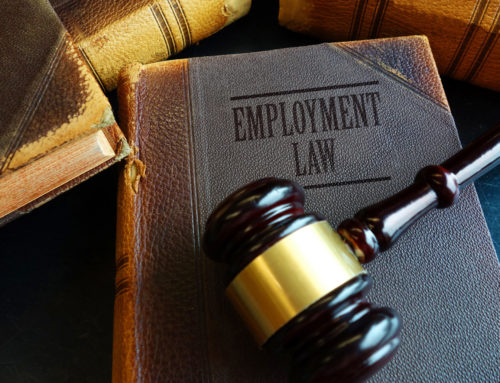On 9 March 2020, Rule 41A of the Uniform Rules of Court came into effect in order to curb the severe backlogs our Judiciary are faced with and encourage parties to settle disputes rather than engage in expensive and protracted litigation proceedings. In terms of this Rule, parties to proceedings must elect to participate in or oppose participation in mediation proceedings.
Falling within recognised Alternative Dispute Resolution mechanisms, mediation, according to Wiese T [JUTA: 2016, page 47], can be described as a voluntary process whereby the parties to a dispute make use of a neutral third party to assist them in resolving their dispute.
It is thus important to note that mediation is –
1. A voluntary process; and
2. Uses a neutral third party.
In the sphere of High Court litigation, mediation is facilitative in nature. This means that the appointed mediator structures the process in such a manner to try and assist parties in reaching a mutual settlement in the matter.
In terms of Rule 41A, the party who institutes action against another is required to serve a notice that she / he either agrees to or opposes mediation proceedings. This notice is normally served with a Summons or Notice of Motion. The defending / responding party must then serve a replying notice stating their willingness or otherwise to participate in the said mediation process. Should parties agree to attempt mediating a matter, the parties would agree on the terms of the mediation and who the appointed mediator would be. A mediator would normally be somebody with experience in that particular field with the relevant training in facilitating disputes.
In matters where statutory mediation should have been pursued and litigants fail to engage seriously therewith, the Courts have inherent jurisdiction to make adverse costs order against any such party – as occurred in the matter of MV v NB 2010(3) SA. The onus thus lies on the party’s representatives to be able to correctly identify matters which can be successfully pursued via mediation.
But should all types of matters be mediated? In personal injury claims, for example, experienced judges, expert testimony and judicial precedent are key factors in determining a favourable outcome. Can this category of litigious matters really be mediated successfully between the parties to a dispute? And if so, to what extent? It is possible for parties to elect to mediate certain aspects of a dispute, such as the merits and liability in respect of a claim. If they were to reach a mutually acceptable outcome between them, then the next step, being the determination of quantum, can still be referred for judicial adjudication.
As statutory mediation is still relatively new in South Africa, it will be interesting to follow how mediation and its supporting guidelines will develop to accommodate all types of claims.
Marco van der Walt (Author)
Candidate Attorney at Malcolm Lyons and Brivik Attorneys Inc.
Malcolm Lyons and Brivik Attorneys are leading experts in the field of labour law in South Africa. To discuss whether you have a case, contact our offices below:
Telephone:
Cape Town Office:
Telephone: +27(0) 21 425-5570
E-mail: [email protected]
Johannesburg Office:
Telephone: +27(0) 11 268 6697
Email: [email protected]
Contact form:







